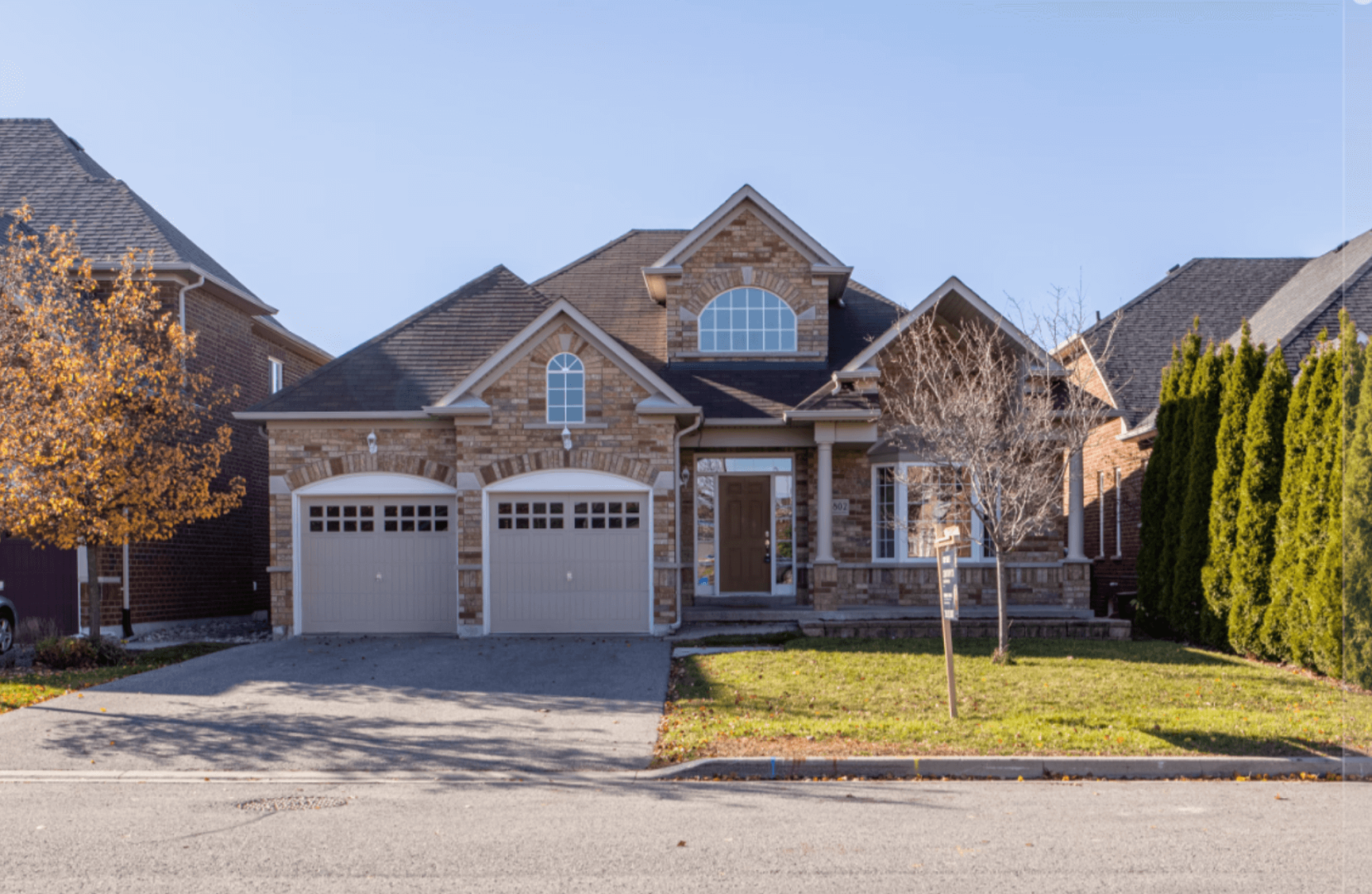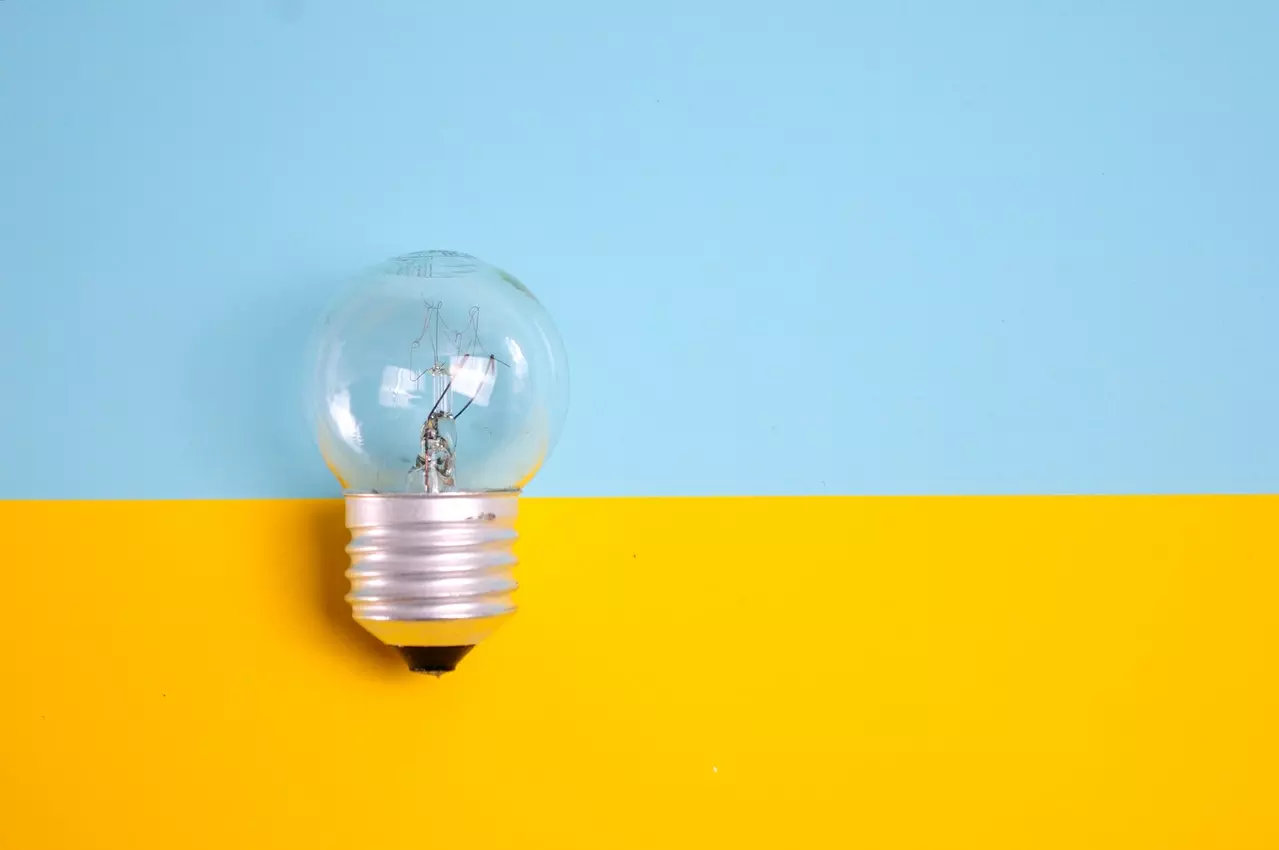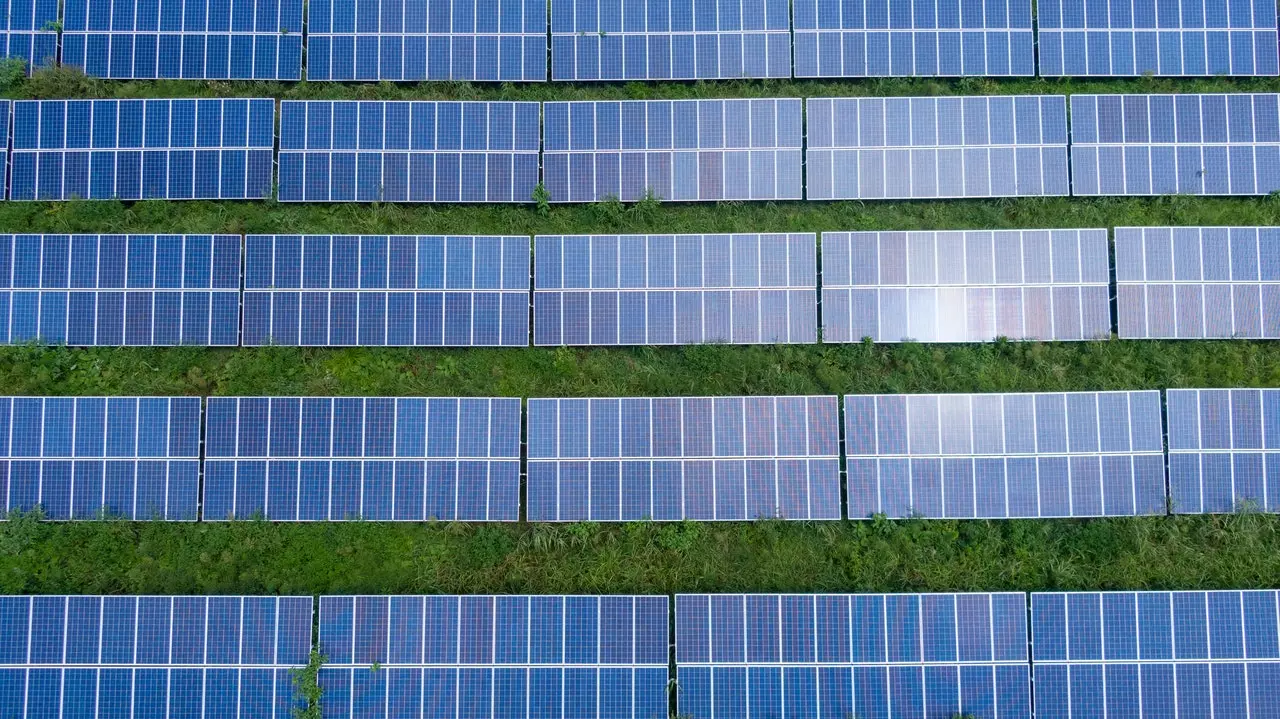Comments
- No comments found

In 2019, the US had about 5,000 net-zero homes.
That means the property uses no external energy in its day-to-day running or balances it. However, buying a net-zero house is an unrealistic possibility for many. Yet, we can still do our bit by improving the energy efficiency of our property.

Essentially, an energy audit assesses your home's energy use. The assessment will help you determine areas to improve and how to prioritize.
Properly insulating your house helps to control the property's temperature. Insufficient insulation, such as gaps, can cause issues in summer and winter. As a result, your air conditioning or heating systems have to work harder to counteract the outside air creeping in. Accordingly, your energy consumption and bills will go up.
Check the insulation in your walls and attic spaces, ensuring it's filled and not showing any signs of wear and tear. Your insulation might need replacing.
Heating and cooling systems are one of the biggest drivers of energy use. The average household spends more than $2,000 yearly on utility bills, half of which goes towards heating and cooling. To ensure your heating and air conditioning systems work efficiently, seal leaks in the air ducts with duct tape, insulate pipes, and replace old filters.
You should inspect your heating systems and air conditioners at least once a year. If you have outdated systems, you might want to invest in newer, more energy-efficient ones.
Remember that your home appliances use energy when plugged in, even if you're not using them. Either try to unplug your microwave, television, and other devices when you're not using them or invest in energy-efficient appliances. Products with an "Energy Star" label meet specific energy efficiency performance standards.
You cannot unplug appliances such as your refrigerator to consume energy 24/7. Ensure the door closes tightly to ensure it doesn't waste excess energy.
If you have traditional incandescent light bulbs, consider switching to LED bulbs. These use almost 75% less energy than conventional bulbs and can last up to 25 times longer. They might be slightly more costly upfront, but you will easily make your money back with reduced energy bills.
Air leaks around plumbing and electrical fixtures or pipes can prevent you from maintaining an even temperature within the home. Air leaks can occur anywhere.
Check for cracks in the foundations or around your door and window frames. Air leaks allow warm air to escape, meaning your heating system has to work twice as hard.
Make sure you seal any gaps you find with caulking. Wet your fingers, run them around seals, or hold up tissues to see a draft to find air leaks.
The average household uses over 300 gallons of water per day on general tasks, such as laundry, showers, dishwashing, and gardening. More than 70% of water use is indoors, meaning that your hot water bill might significantly contribute to your energy bill.
You can take steps to reduce your hot water usage, such as taking shorter showers or running a wash in the eco setting. You can also lower your water heater temperature. Lowering to 120 degrees won't affect you but will reduce your energy consumption and bills.
Moreover, consider whether you should replace your hot water system. Older units may not have adequate insulation; it's worth considering a replacement if yours is more than 15 years old.
The easiest way to reduce your energy consumption is to assess your habits and develop a strategy to reduce high consumption.
Shortening shower times and unplugging appliances will go a long way to reducing your bills. Additionally, make use of natural lighting. Turning off your lights during the day could be a massive money-saver.

Making your home more energy-efficient doesn't have to be a huge chore. Changing a few habits, replacing old energy-guzzling systems, and repairing air leaks could improve your home's energy efficiency.
Luke Fitzpatrick has been published in Forbes, Yahoo! News and Influencive. He is also a guest lecturer at the University of Sydney, lecturing in Cross-Cultural Management and the Pre-MBA Program. You can connect with him on LinkedIn.
Leave your comments
Post comment as a guest